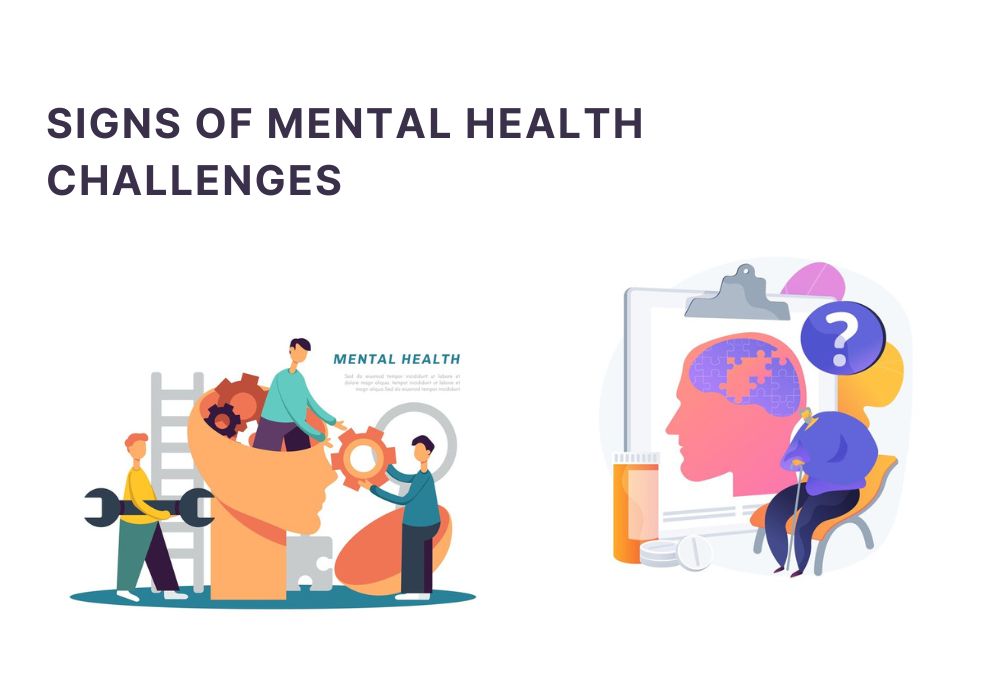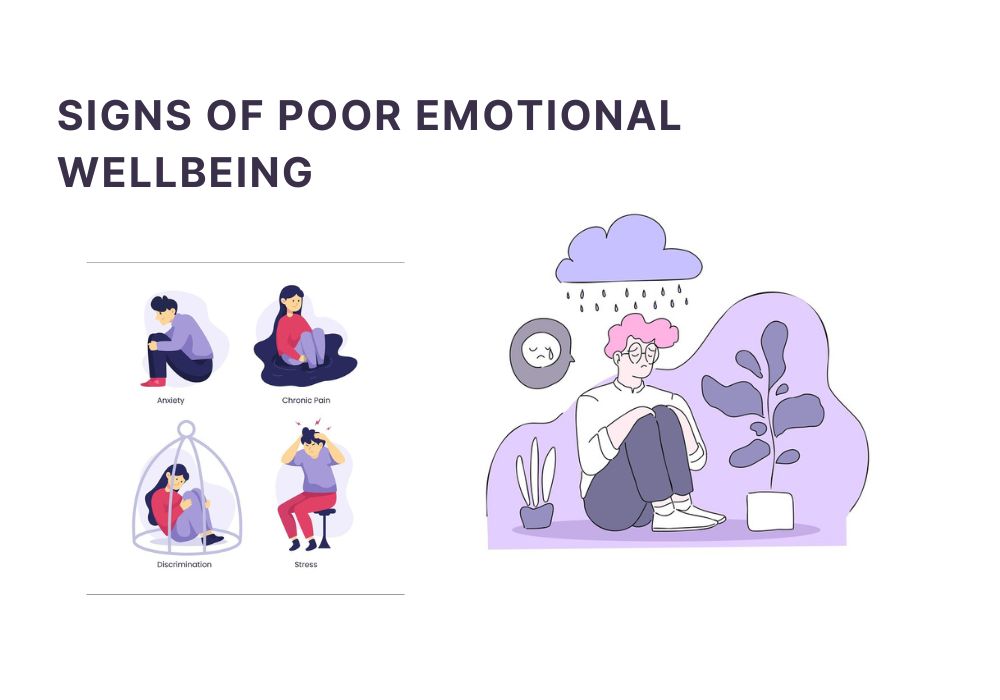In today’s world, there is an increasing awareness of the importance of mental health and emotional well-being. They encompass how we think, feel, and behave in daily life. Maintaining good mental health involves managing stress, building resilience, and seeking support when needed. Emotional well-being refers to our ability to cope with challenges, healthily express emotions, and maintain satisfying relationships. Practices like regular exercise, mindfulness, and spending time with loved ones can promote positive mental health.
It’s important to prioritize self-care and seek professional help if experiencing persistent emotional distress. Taking care of our mental health is vital for living a fulfilling and balanced life.
Understanding the difference between mental health and emotional well-being is crucial for promoting overall well-being and seeking appropriate support when needed.
Defining Mental Health and Emotional Wellbeing
Mental health and emotional well-being are crucial aspects of overall wellness. They encompass how we think, feel, and act, influencing every facet of our lives. It’s about finding balance, managing stress, and coping with life’s challenges. Mental health refers to the state of a person’s psychological and emotional well-being.
It encompasses how individuals think, feel, and behave in various situations. Mental health can be influenced by biological, psychological, and environmental factors, and it affects how individuals handle stress, relate to others, and make choices.
Emotional well-being, on the other hand, relates specifically to an individual’s ability to manage and express their emotions in a healthy and balanced manner. It involves being aware of one’s emotions, understanding them, and handling them appropriately. Emotional well-being is essential for developing resilience and coping with life’s challenges.
Key Differences of mental health and emotional well-being
<th>Emotional Wellbeing<tr>ComponentsIncludes cognitive processes and overall psychological functioning. Primarily centered on emotional regulation and self-awareness.
/td>Broader scope, including psychological and emotional state. Specifically addresses the management and expression of emotions.
<tr>ImpactAffects thoughts, behavior, and overall mental state.</td>Influences the ability to process and respond to emotions effectively.
<table><th>AspectMental Health</th> </tr>
Focus<</td>ConnectionLinked to psychiatric disorders and mental illnesses.Connected to an individual’s ability to handle stress and maintain equilibrium.
Signs of Mental Health Challenges

Identifying potential mental health challenges is crucial for early intervention and support. Some common indicators include persistent feelings of sadness, anxiety, or irritability, changes in sleep or appetite patterns, difficulty concentrating, and withdrawal from social activities. More severe symptoms may include hallucinations, delusions, or thoughts of self-harm.
Signs of Poor Emotional Wellbeing

Poor emotional well-being can manifest through an inability to effectively manage emotions, frequent mood swings, difficulty in forming and maintaining relationships, and a sense of emotional numbness or disconnection.
People experiencing poor emotional well-being may struggle to cope with daily stressors and may find it challenging to express and regulate their emotions appropriately.
Strategies for Improvement
Enhancing mental health and emotional well-being involves various strategies aimed at promoting resilience, self-awareness, and healthy coping mechanisms. This can include seeking professional therapy, engaging in regular physical activity, practicing mindfulness and relaxation techniques, building a strong support network, and cultivating hobbies and interests that bring joy and fulfillment.
Seeking Support for mental health and emotional well-being
If you or someone you know is experiencing challenges related to mental health or emotional well-being, seeking support is essential. Professional mental health counseling, support groups, and accessing resources in the community can provide valuable assistance in managing and improving mental health and emotional well-being. Seeking support, whether through therapy, counseling, support groups, or simply reaching out to loved ones, is a brave and proactive step toward healing and growth. Remember, it’s okay to not be okay sometimes, and seeking help is a sign of strength, not weakness.
Conclusions
While mental health encompasses psychological functioning, emotional well-being focuses specifically on managing and expressing emotions. Understanding the differences and recognizing the signs of challenges in these areas is crucial in seeking appropriate support and promoting a healthy and balanced life.
Just as we tend to our physical health, nurturing our mental and emotional states is equally vital. By acknowledging and addressing our emotions, seeking support when needed, and practicing self-care techniques, we can cultivate resilience and inner peace. Investing in mental health not only enhances individual well-being but also fosters healthier relationships and communities.
Let us continue to destigmatize discussions around mental health, promote empathy and understanding, and create environments where everyone feels valued and supported in their journey toward emotional wellness.






